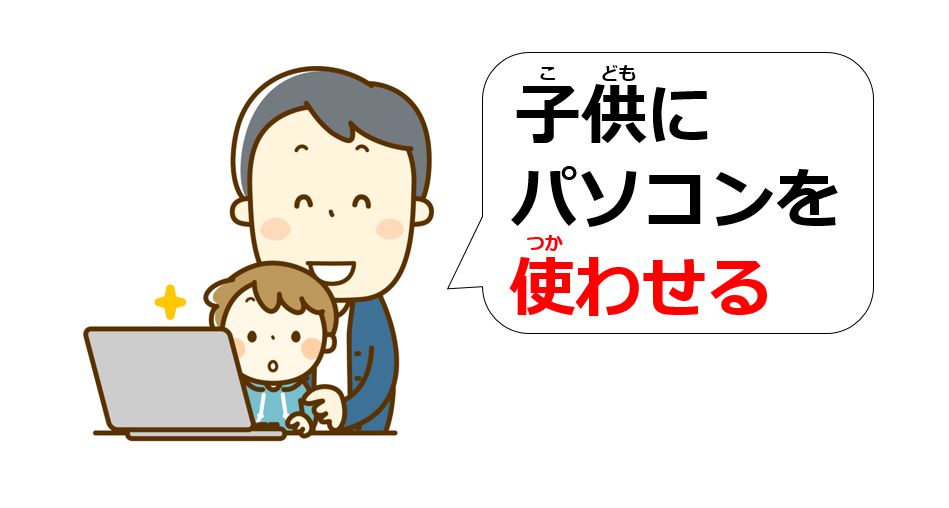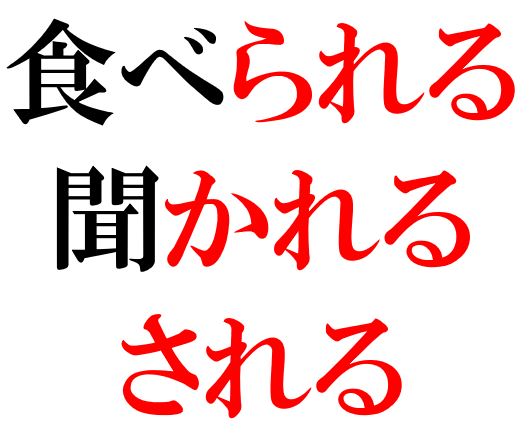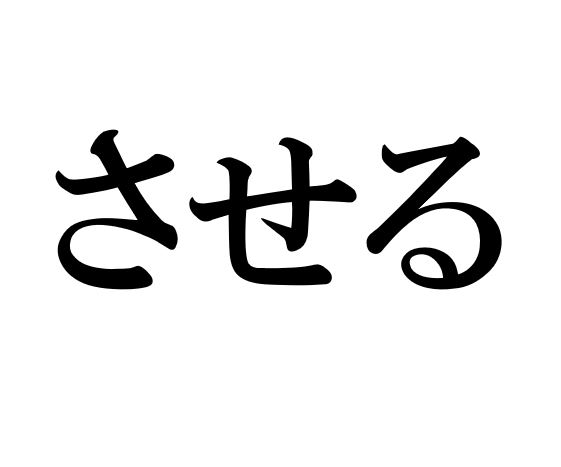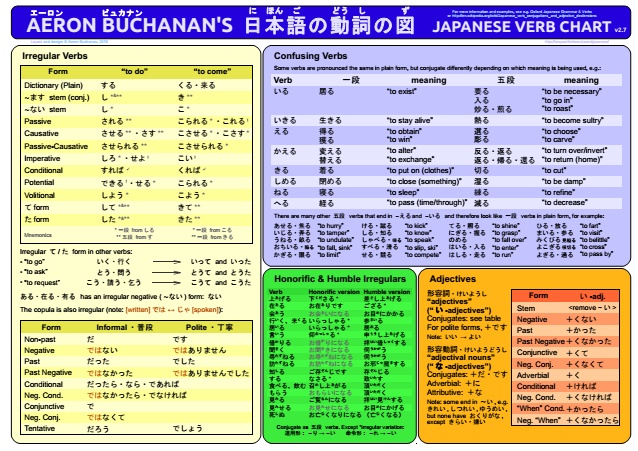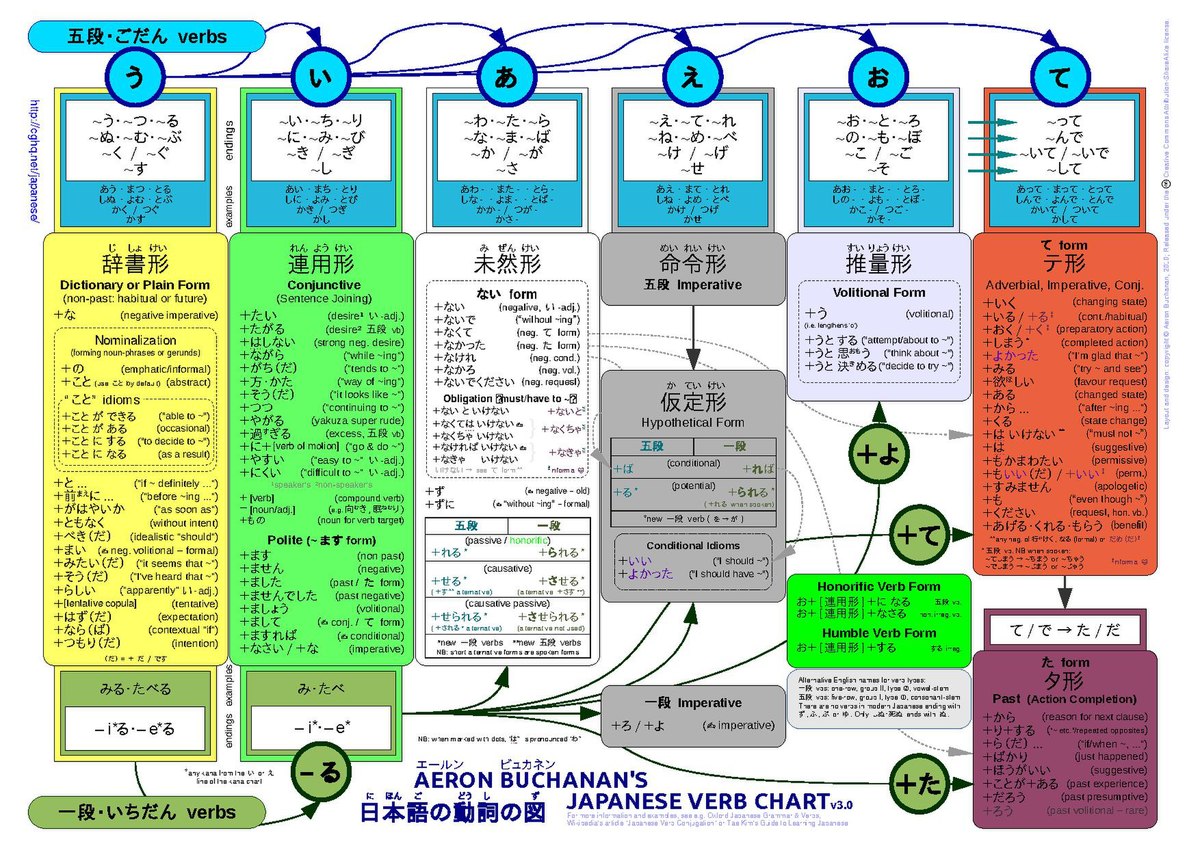Passive Causative Form Japanese

This would effectively translate into someone is made to do something.
Passive causative form japanese. This form cannot be combined with verbal adjectives. Causative passive sentences causative passive sentences are the passive version of the causative sentences. How to use the form.
The causative passive form is obtained by first conjugating in the causative form and then conjugating the result in the passive form. It is translated as being done. For example the causative form of the verb かう is かわせる rather than かあせる. The important thing to remember is the order of conjugation.
Even the name sounds horrible doesn t it d anyway i m going to teach you how to conjugate and use this form to make your japanese sound even more natural and native. I am made to study by my parents. So far aside from relative clauses one of the most difficult grammar points of japanese is the passive causative and causative passive form. Consider the single vowel u う at the end of certain verbs such as kau かう as having the hidden consonant w before the vowel u.
The te form of the causative with あげる and くれる can be used to avoid ambiguity. The passive form can be created by adding either れる reru or られる rareru to the mizenkei conjugation of respectively group 4 yodan katsuyou and group 2 nidan katsuyou verbs. Once in the causative forms all verbs can be treated as group 2 verbs and so to change them into the passive we need only replace the final る with られる. In other words the original form of kau かう is ka w u.
Get is possible for two reasons. This would effectively translate into someone is made to do something. You can use causative passive sentences when you want to say that you were made to do or harassed or talked into doing something.
The causative passive form is simply the combination of causative and passive conjugations to mean that the action of making someone dosomething was done to that person. Get also has a causative meaning. The causative passive form is simply the combination of causative and passive conjugations to mean that the action of making someone do something was done to that person. Instead of the problem was solved you can say the problem got solved.
Usage edit as its rule suggests the causative passive is used to express causation passively. Since the causative verbs are have let and make students might be wondering why the passive causative is formed with have or get. Grammatically the final ending form i e. Get is the casual passive form.
Drop ru and add sase rare ru.




